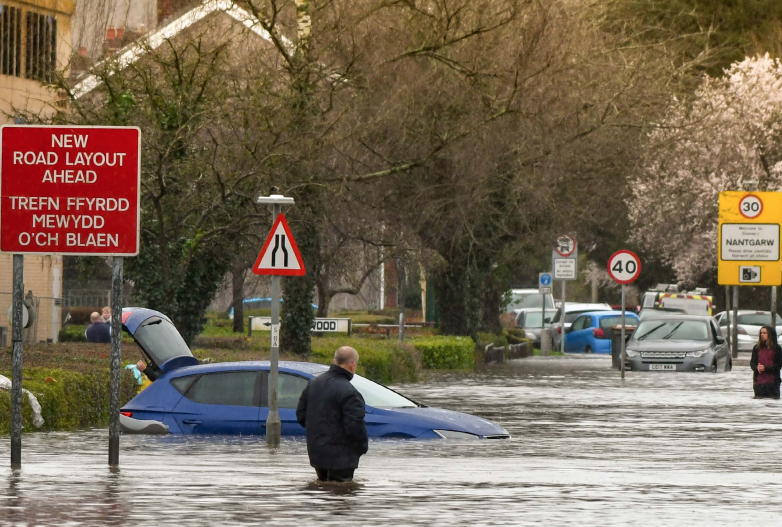Independent review of flood investigations?

Natural Resources Wales (NRW) has today (31 August) welcomed the publication of the independent review of the Local Government section 19 and Natural Resources Wales reports into extreme flooding in winter 2020-2021.
Review of Local Government Section 19 and Natural Resources Wales’ reports into extreme flooding in Wales, 2020-21
Professor Elwen Evans KC
A coal tip landslide was recorded in Tylorstown, Rhondda Cynon Taf, resulting in thousands of
tonnes of spoil impacting the Afon Rhondda Fach and damaging local sewage infrastructure.
This incident highlighted the potential flood risk associated with such events and resulted in the
formation of the Coal Tip Safety Task Force in Wales.
The record rainfall from Storm Dennis brought instability to some of south Wales legacy mining areas
causing some minor landslides on disused coal tips. A significant landslide in Tylorstown, Rhondda
Cynon Taf, resulted in the movement of 60,000 tonnes of material causing damage to sewer
infrastructure, the burying of a strategic water main and blockage of the river Rhondda Fach.
Chair of Natural Resources Wales, Sir David Henshaw said:
“We welcome the publication of this review into how reporting on flood events contributes to managing Wales’ future flood risk. Climate change is here and is happening now and, as this report, and our own reviews acknowledge, we all need to work together across all parts of government and society to adapt to this very real threat.
“After every serious flood incident, NRW carries out its own proactive recovery and review work to ensure that our organisation learns the lessons from the experience and makes improvements wherever possible.
“Our reviews into our response to the February 2020 floods were considered as part of this process, and we welcome the recognition the report gives to the important work we have taken forward since these events to address and deliver the actions and recommendations identified. It notes the work that we have been able to implement quickly under a strong governance structure, and the progress we are making to deliver the few outstanding actions. We fully acknowledge the recommendation that NRW sets out a clear timeline for the implementation of these actions, and we already have in place robust internal reporting and governance arrangements to ensure that these actions are planned, tracked and completed effectively as part of our firm commitment to deliver on our learnings from our reviews.
“We too recognise the limitations the report identifies related to the current framework set out for the Section 19 process, and our views on the areas requiring further consideration are aligned with the findings.
This is an important process that allows local authorities to learn from events and identify areas for improvement. We fully support the recommendations for a review, and are committed to supporting this work as part of our membership of the Flood and Coastal Erosion Committee.
“However, a review of the Section 19 process is just one part of what is a very complex picture when considering how we plan for a future with increased flood risk. This means having difficult conversations and making complex decisions now about how and where we live and work, putting flood risk at the forefront of minds when making planning decisions for new developments, and learning to live with more water.
“We’re committed to working together with the Welsh Government and our partners to develop the holistic approach required, delivering alongside our existing commitments to tackle the climate, nature and pollution emergencies as set out in our new corporate plan to 2030.
“Only by working in this way can we deliver the type of flood risk management we want and can live with, and a system that is properly adapted to the changing landscape and climate we will face in the coming years.”



